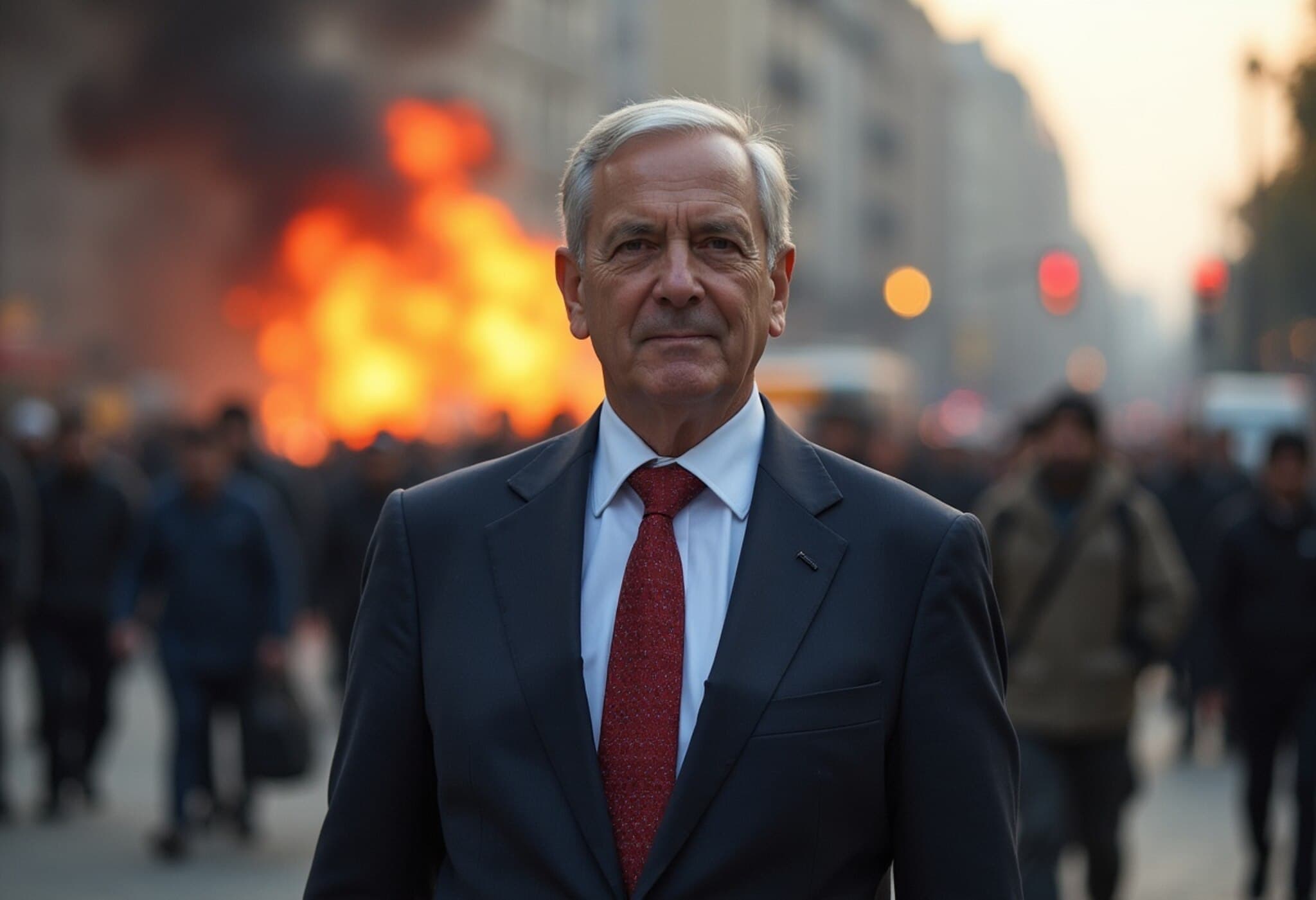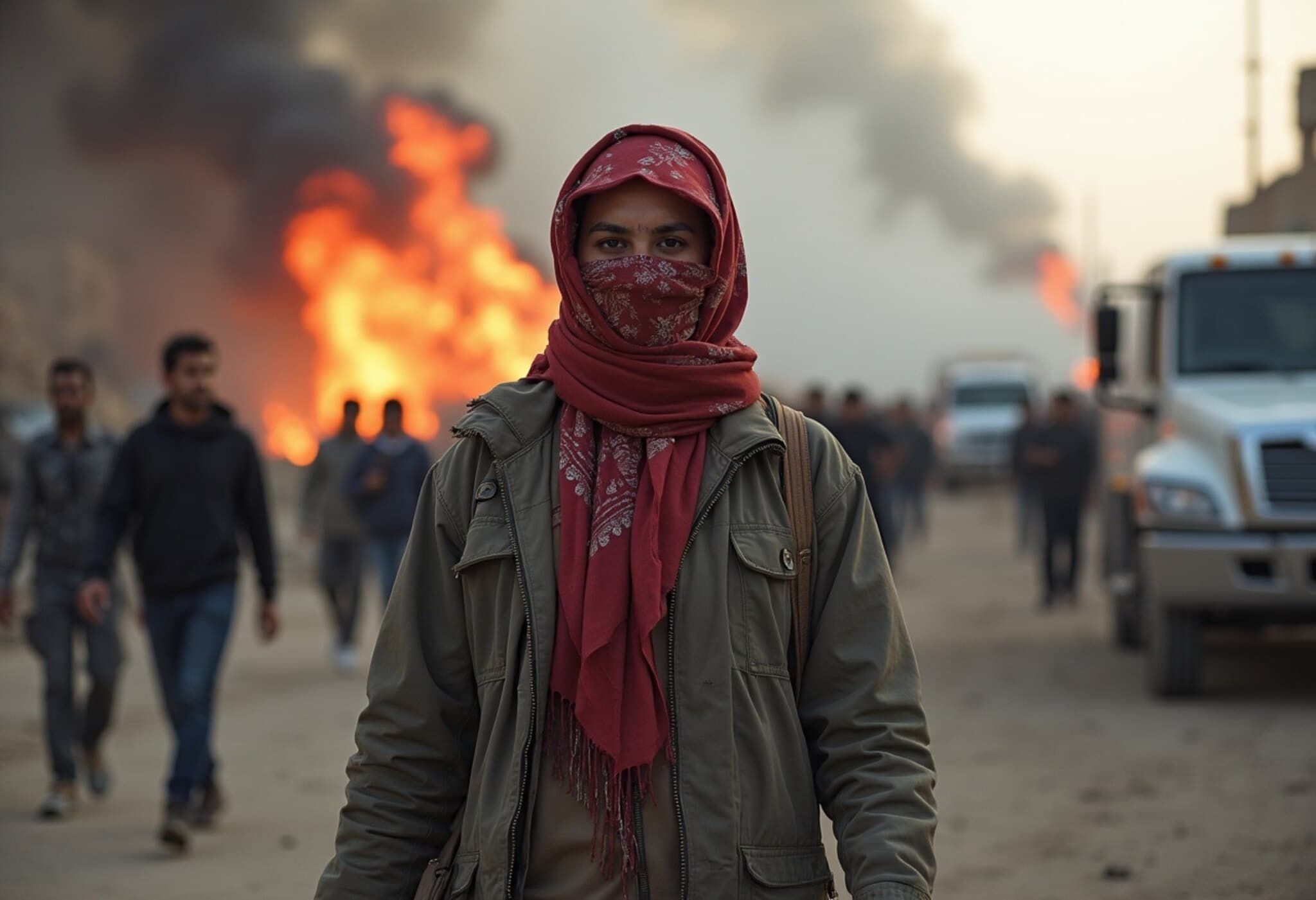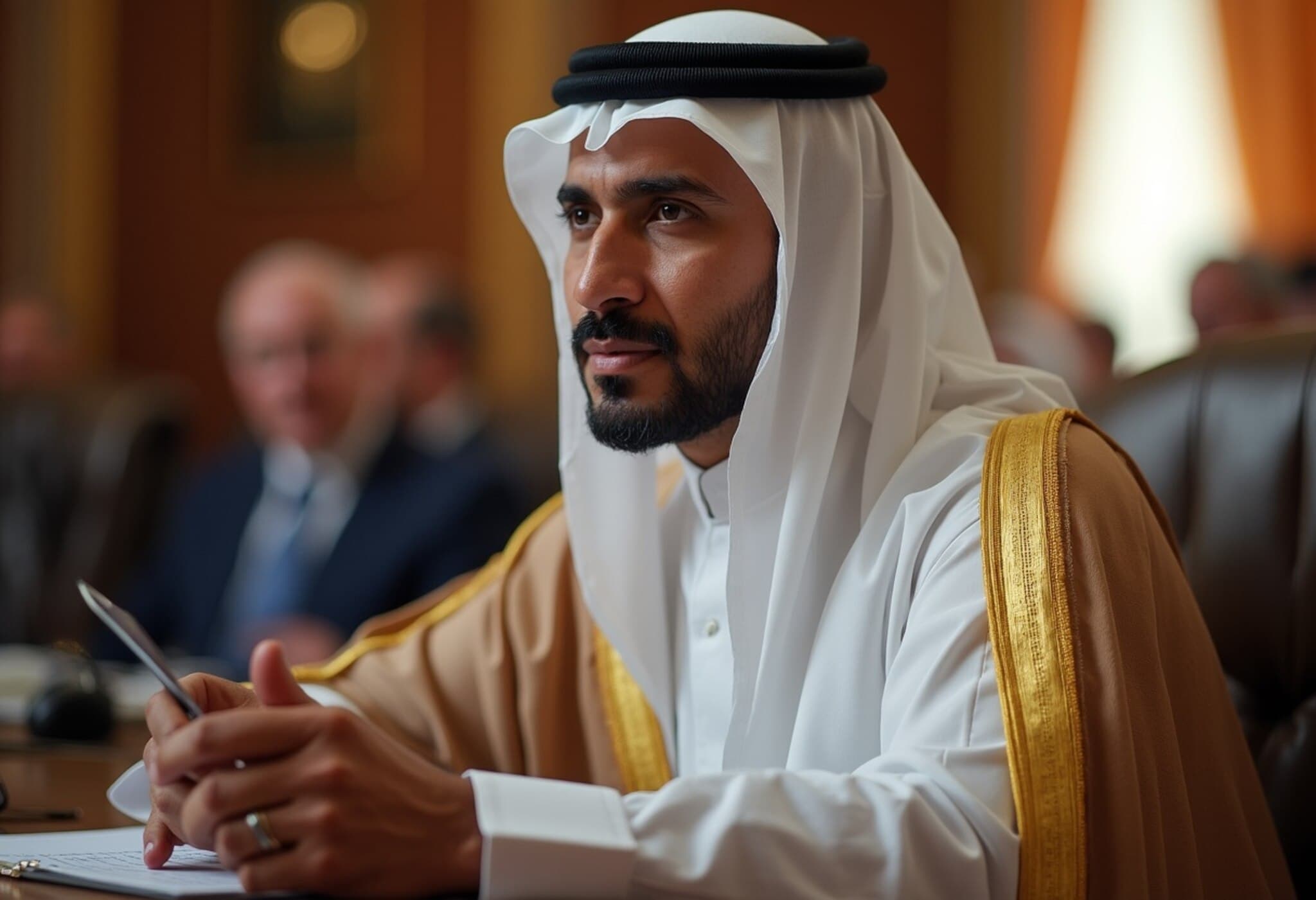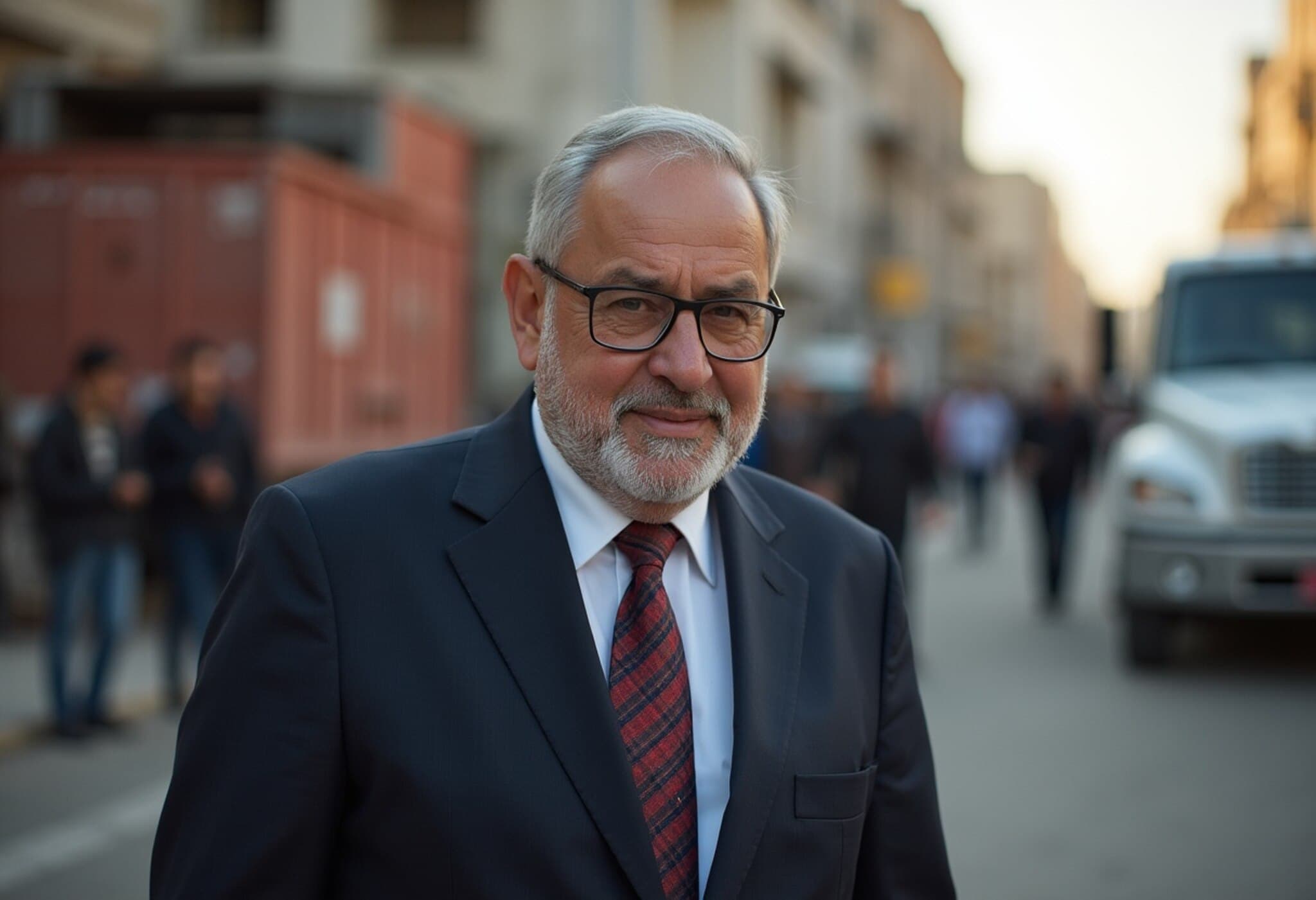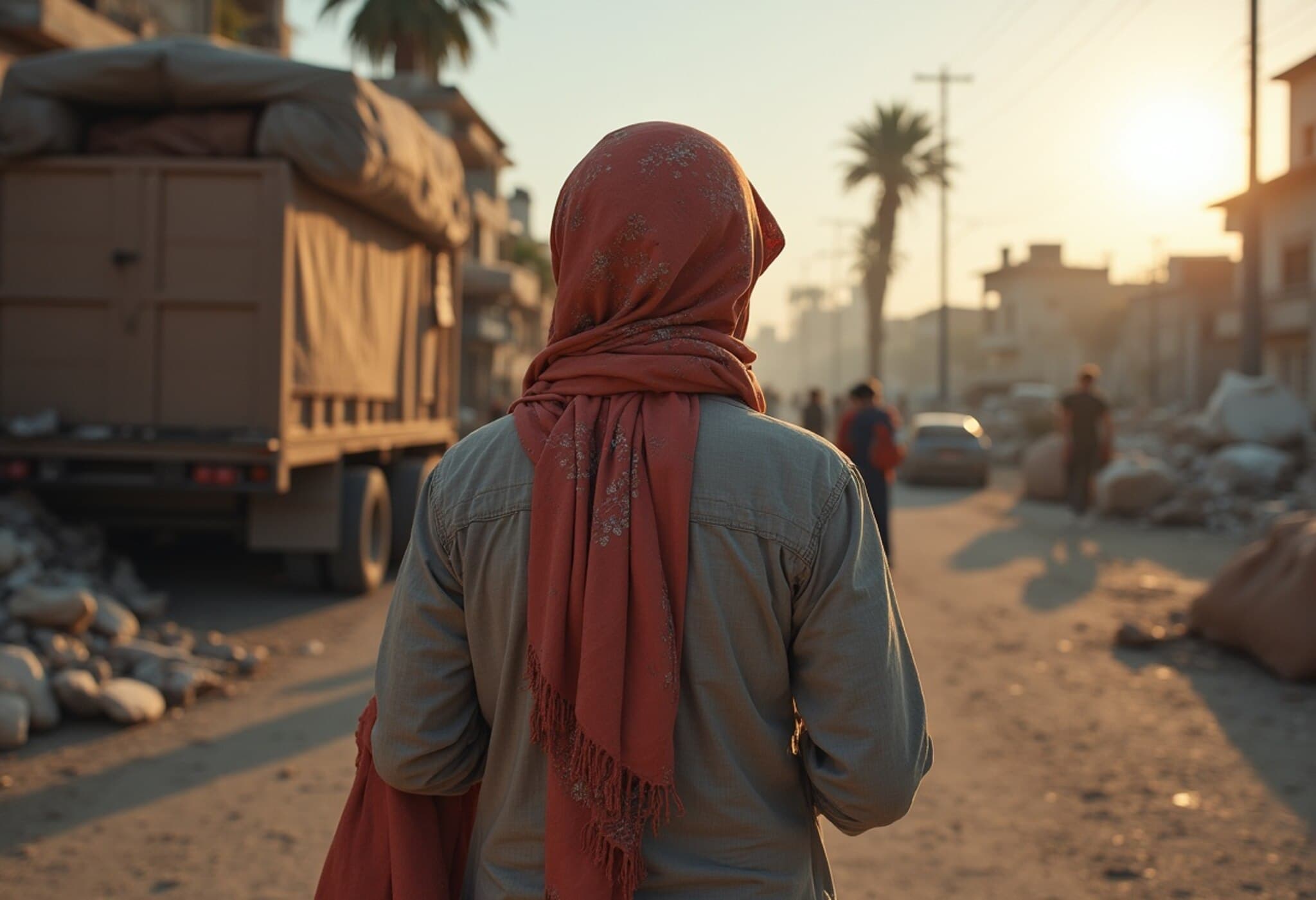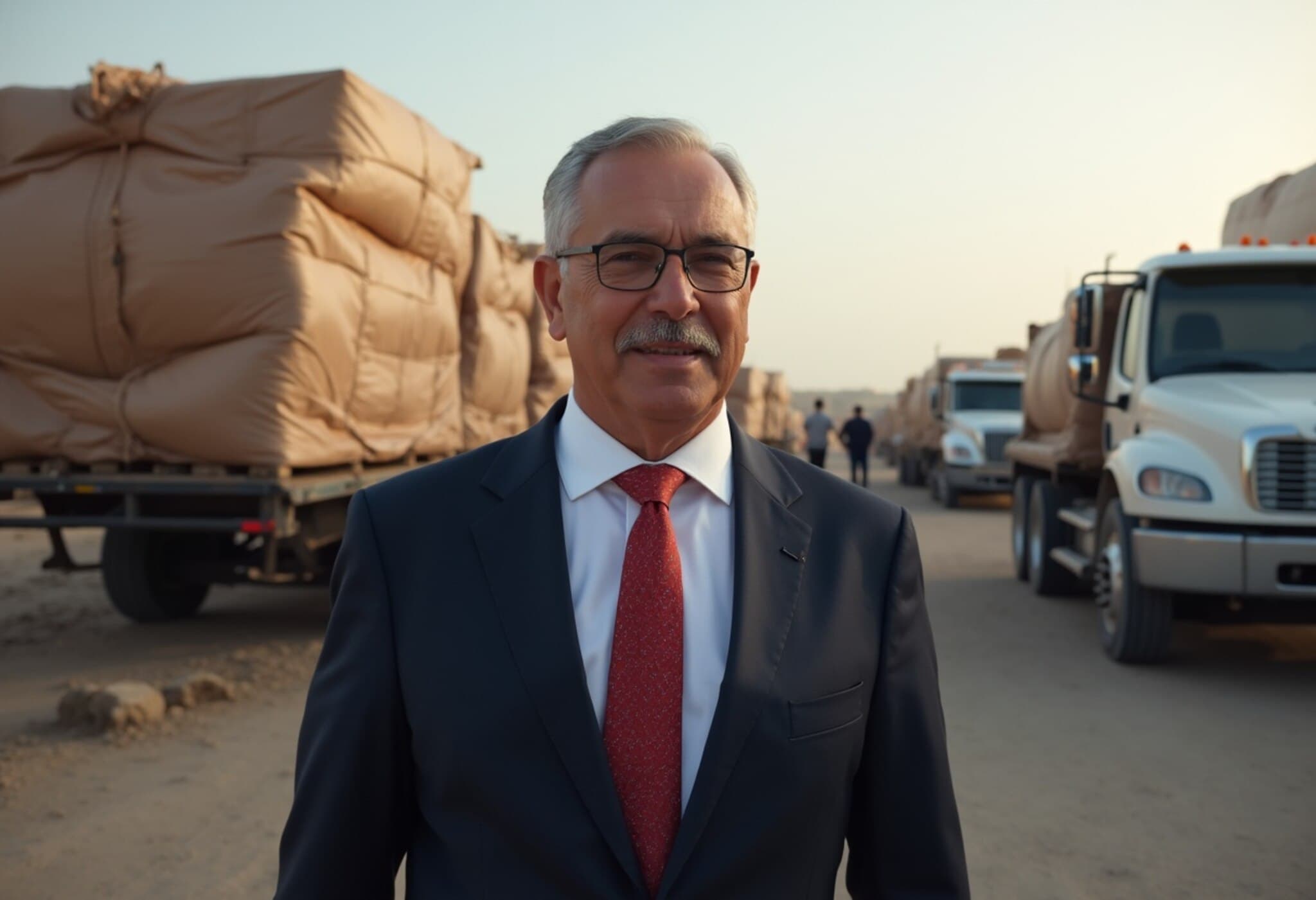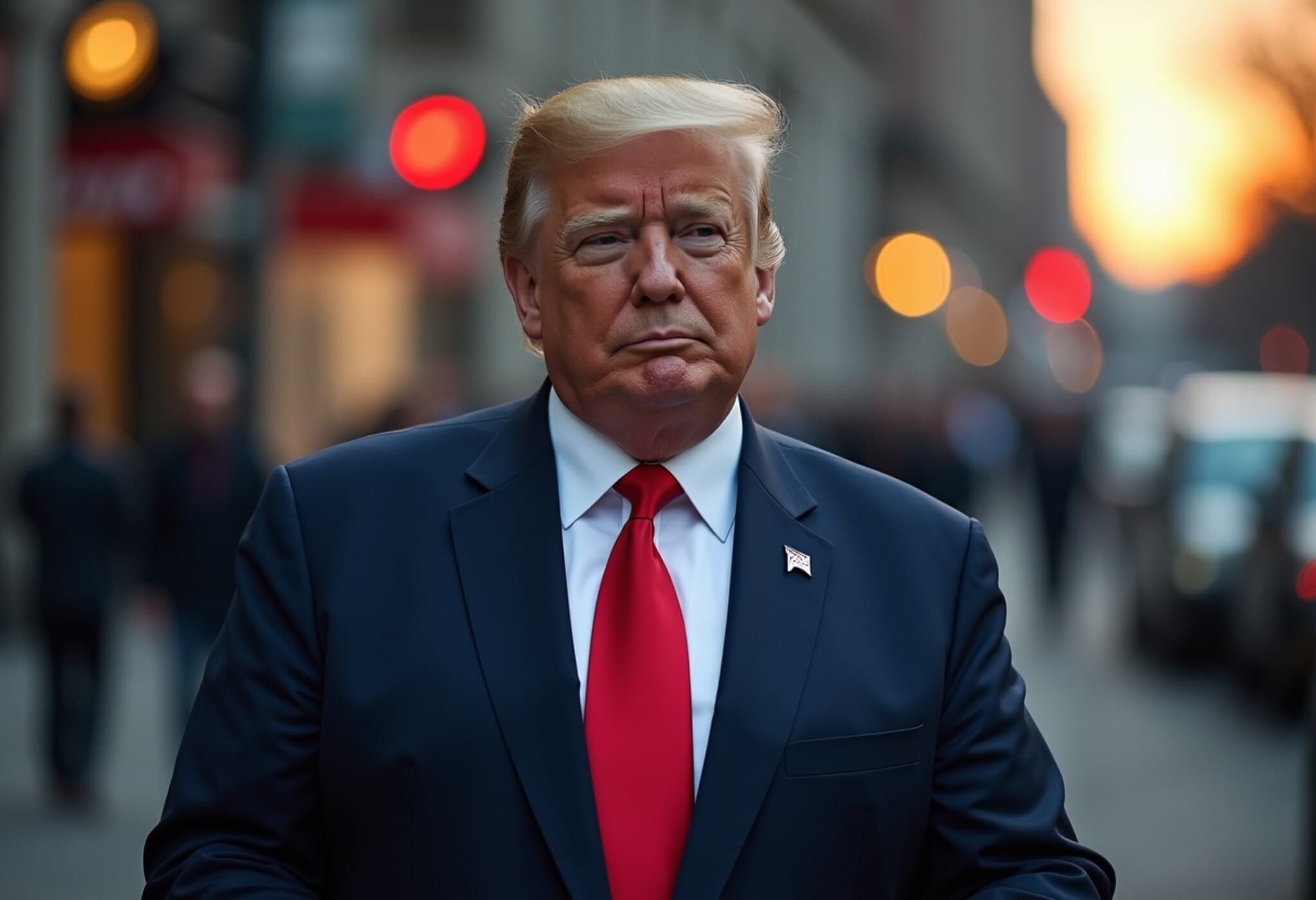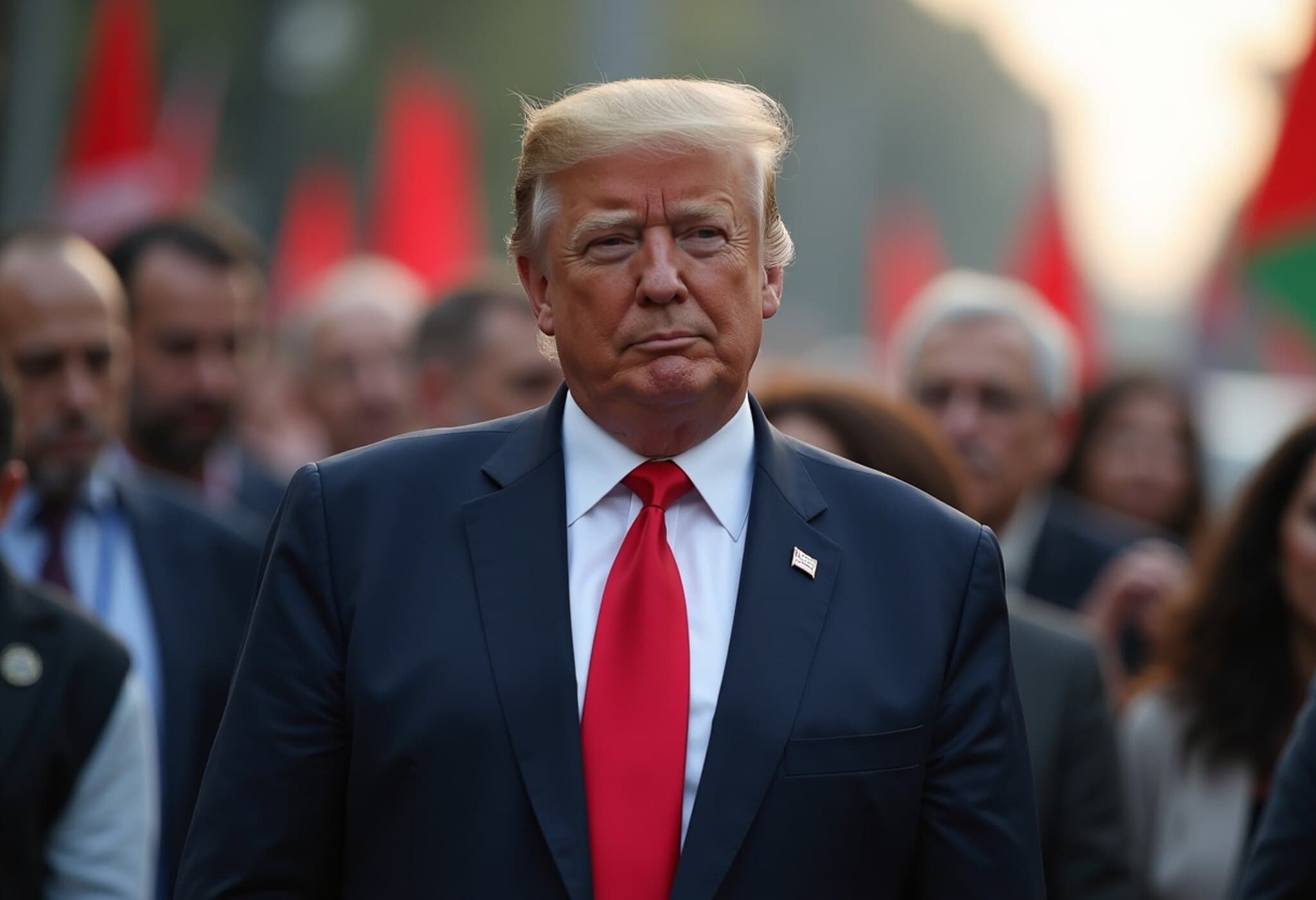Israel Commits $30 Million to Gaza Humanitarian Foundation Amid Global Scrutiny
In a development that sheds new light on the complex humanitarian landscape of Gaza, senior officials connected to former President Donald Trump’s administration recently disclosed to the U.S. Congress that Israel has pledged $30 million to the Gaza Humanitarian Foundation (GHF). This matches the amount the U.S. government earlier committed to the same organization, according to two informed sources cited by Reuters.
The Controversy Surrounding GHF’s Operations
The Gaza Humanitarian Foundation, a private U.S.-based charity, has become a contentious actor in the delivery of aid to Gaza. Despite United Nations and numerous humanitarian groups publicly questioning the safety and impartiality of GHF’s aid distribution, Israel continues to support the foundation’s initiatives. Critics argue that GHF’s model raises concerns over humanitarian standards and transparency, while the foundation and its leaders firmly deny these allegations.
GHF operates by employing private military and logistics companies from the U.S. to transport food and supplies into Gaza, bypassing the traditional UN-led aid channels. The rationale, as articulated by Israeli officials, is a growing distrust of the Hamas-controlled UN aid distribution system, which Israel alleges has allowed militants to divert humanitarian assistance. Hamas denies these claims, and a recent internal U.S. government analysis reportedly found no systematic theft of aid.
Trump-appointed Advisers Inform Congress
During briefings held on July 8 and 9, Aryeh Lightstone and Charles Leith—advisers to Trump’s Middle East envoy—confirmed to Senate and House committees that Israel’s $30 million pledge mirrors the U.S. grant announced in June. The intent is to sustain GHF’s operations through July and potentially double distribution sites within Gaza from four to eight by August, contingent on attracting additional donors.
Despite the announcement, neither Israel nor relevant U.S. agencies have confirmed if the pledged funds have been disbursed. GHF’s Executive Chairman, Rev. Dr. Johnnie Moore, emphasized the pressing need for increased financial support. “$30 million isn’t nearly enough,” Moore stated during a Hudson Institute discussion, underscoring that the crisis’s scope demands far greater resources.
Humanitarian Crisis: Hunger Deepens in Gaza
The humanitarian emergency in Gaza has escalated sharply. Food supplies are dwindling after Israel’s blockade—imposed in response to the October 2023 Hamas attacks that killed 1,200 Israelis and took hostages—cut off most goods to the densely populated Palestinian enclave. Although the blockade was partially lifted in May, restrictions remain severe, aiming to prevent aid from reaching militant groups.
International health authorities and monitors have reported rising hunger-related deaths and widespread malnutrition, particularly among children. Graphic images of emaciated Palestinian children have intensified calls for urgent humanitarian action worldwide.
Contrasting public narratives have emerged: Israeli Prime Minister Benjamin Netanyahu denies there is starvation in Gaza, while former President Trump, echoing GHF’s concerns, openly acknowledges acute hunger and the risk of famine. Trump has promised to establish additional food distribution centers, placing feeding the population as the top priority.
Risks and Realities: The Complexity of Aid in Conflict Zones
The unfolding drama highlights the profound challenges aid organizations face in conflict zones. The involvement of private entities such as GHF raises questions about accountability, oversight, and the potential politicization of humanitarian assistance. It also exposes the fraught relationship between state actors, private charity groups, and international organizations amidst ongoing hostilities.
- Key question: How can aid effectively reach civilians in Gaza without empowering militant networks?
- Policy challenge: Balancing security concerns with humanitarian imperatives.
- Transparency issue: The undisclosed donors and funding mechanisms of private aid groups like GHF.
This scenario underscores a broader issue facing global humanitarian efforts — navigating the thin line between providing urgent relief and complicity in geopolitical conflicts.
Editor’s Note
Israel’s $30 million pledge to the Gaza Humanitarian Foundation, alongside America’s matching grant, signals a shift toward unconventional aid delivery amidst one of the most severe humanitarian crises today. Yet, the controversies around GHF illuminate the deep complexities of aid in conflict zones, where governance, security, and morality intertwine. Readers are encouraged to reflect on how global actors can responsibly support vulnerable populations without exacerbating tensions. What comes next for Gaza’s civilians depends not just on funding but on transparent cooperation and sustainable peace-building.










